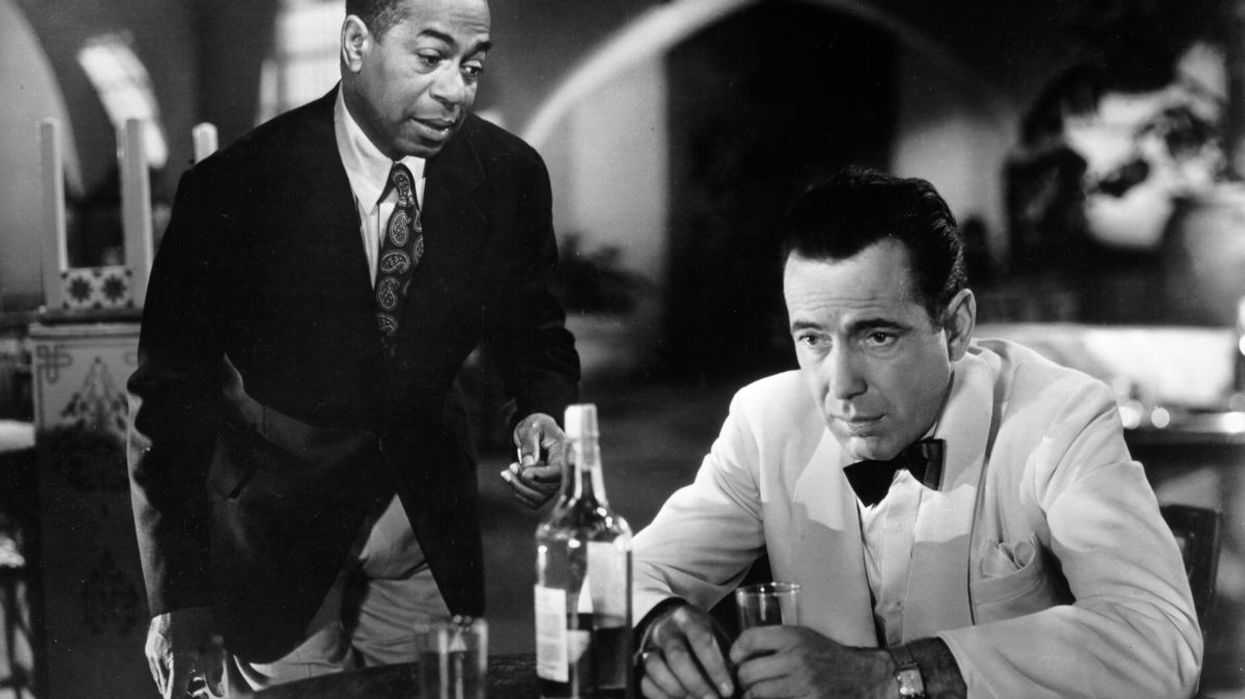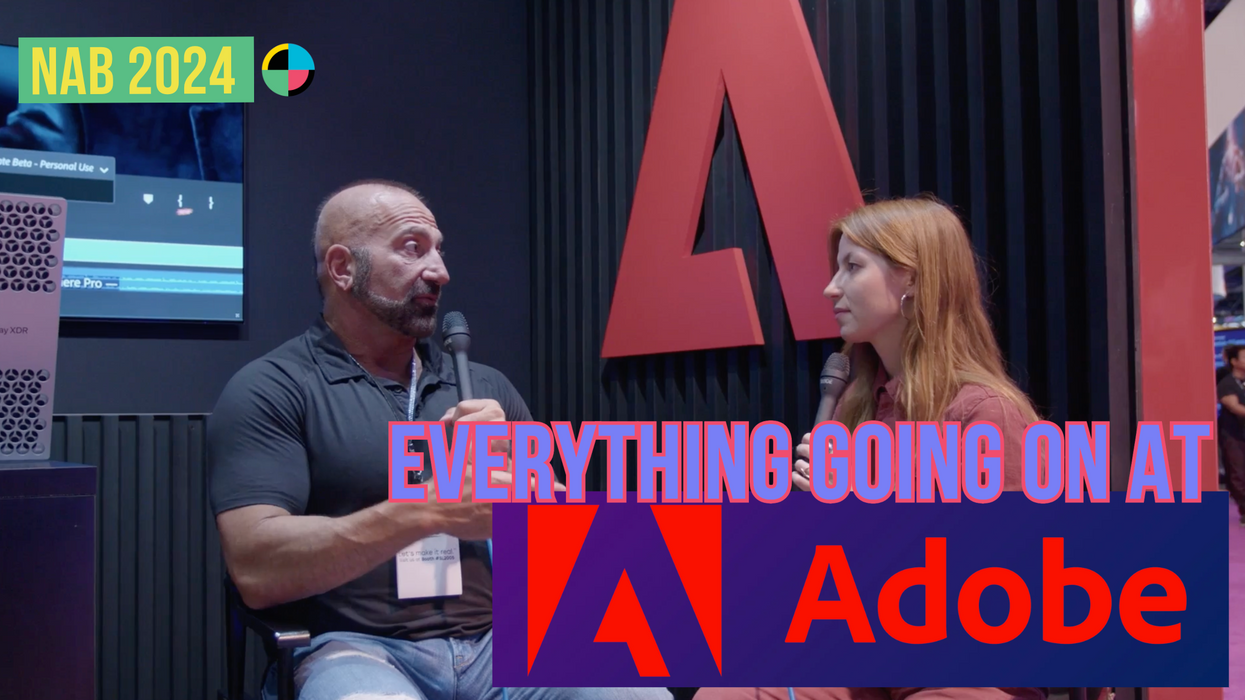Download The 'Casablanca' Script PDF: Perfection by Teamwork
Many people consider the "Casablanca" script to be the perfect example of an excellent screenplay. We look at the PDF and show you why!

Where were you when you first saw Casablanca? If it was in a theater in 1942, congratulations on being alive. If you're like me and saw it later, what was the first thing you noticed?
For me, Casablanca just felt so surprising. Every line, story beat, and action felt like they were calculated by an excellent screenwriter and executed by an amazing crew. Only part of that is true.
Today we're going to take a look at the Casablanca script PDF, talk about what the story gets right, and also wade into a few lessons on character arcs you can get from the screenplay.
Let's go!
Download the Casablanca Script PDF and learn!
The Writing of the Casablanca script
Casablanca was based on the play Everybody Comes to Rick's by Murray Burnett and Joan Alison. The play was unproduced when a Warner Brothers story scout read it, liked it, and sent it up the ladder. The play was inspired by the anti-Semitism Burnett and Alison felt on a trip to Europe, and after the story was purchased, and World War II began, those themes really came to light.
The studio decided to fast track the project, mostly because it felt timely. They hired the Epstein twins to start a draft. They got deep into writing and then a little thing called Pearl Harbor happened. The twins were lured out of Hollywood by Frank Capra, who wanted them to help him change the nation's perspective on going to war in Europe with Why We Fight.
While they were gone, Howard Koch stepped in to keep writing the draft. Eventually, the Epsteins returned to finish the screenplay.
Then, once it was turned in, the uncredited Casey Robinson helped polish the screenplay.
As the film headed into production, Michael Curtiz, the director, butted heads with all the writers. There were a ton of voices on set working through the dialogue. Studio executive Hal Willis would send telegrams with line ideas and it's even said that the iconic "Here's looking at you, kid" line came from a joke Bogart said to Bergman while she was playing poker in between takes.
Whatever the case, all these voices contributed to Casablanca's perfection.
The funny thing is, these things also made the pages of the Casablanca script more of a blueprint for the movie...which is what all screenplays are. As writers, it can be easy to say that our words matter and should be said exactly, but we don't all have the luxury of being Sorkin. We also should be humble enough to collect good ideas and make sure the best version of the movie gets made, not the best version of the script.
As we talked about in our rewrite article, modern cinema is often dictated by a lot of writers behind the scenes.
You have people who write the initial spec draft, someone who rewrites them, a director pass, and even an on-set writer to help people through production snags.
When you see an article about a movie being rewritten on set, you kind of have to roll your eyes. This happens to EVERY movie. Sure, some work out like Casablanca while others work out like The Island of Dr. Moreau, but that's the nature of the business.
Let's talk about one of the best parts of Casablanca.
The Character Arcs in Casablanca
I think the major thing that sets this movie apart from other films is the characters at the center of it. Each person is clearly developed from a real point of view and has their own hopes and desires. Let's go through a few so I can show you what I mean.
When we start the movie, Rick wants nothing to do with the resistance. He's been burnt before and now all he cares about is making money in Casablanca. He won't get involved and looks the other way as the Nazis shake up his small town. After Ilsa and Victor Lazlo enter his life, Rick is forced to care once again. He has the papers that can get him and Ilsa away from this place, but that would also sacrifice Lazlo's life at the hands of the Nazis.
Rick, once a selfish womanizer, finds ultimate love in his sacrifice to stay behind and send Ilsa and Lazlo off, putting himself in grave danger.
But Rick is not the most dramatic turn in Casablanca.
That goes to Captain Louis Renault, the guy who wants to start a beautiful friendship with Rick.
Renault loves power. He loves being in the know, getting kickbacks from the people in town, and wielding his power to get what he wants. Renault seems like the last guy to change, and yet, when the ultimate evil of Naziism struts into Casablanca, he's unsure how to move forward.
The brilliance of Casablanca is seen in Renault's acceptance that there are some things more important than power and money. In order to do that, he has to see Rick, a guy he believes to be incapable of change, change. Renault doesn't side with Rick because he believes the Americans will enter the war, he decides to make a choice that he believes is the right thing to do.
What's next? Read The Devil Wears Prada script!
The Devil Wears Prada script is a masterclass on character and stakes. Download it, read it, and let's talk about it!
Click the link to learn more!












